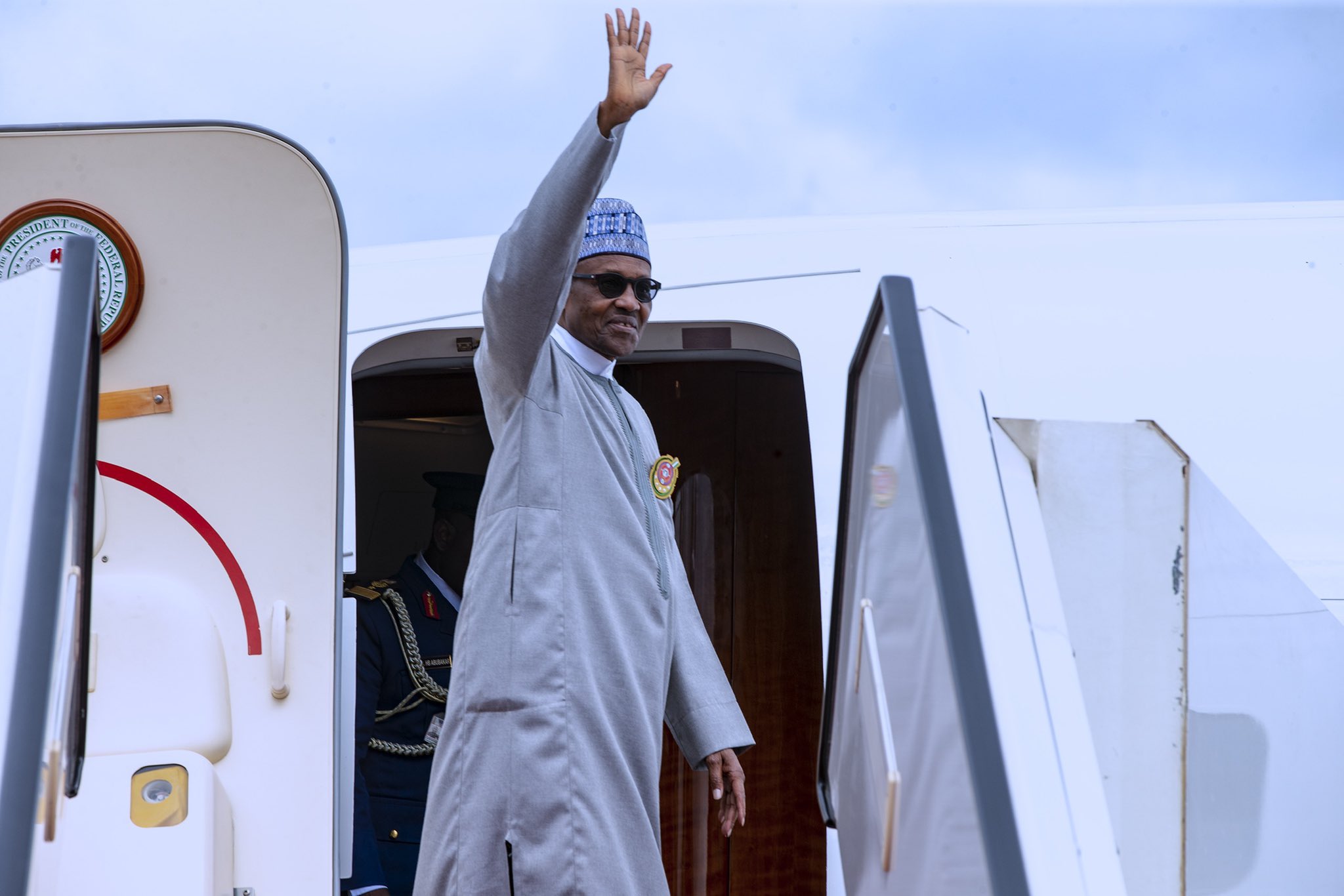Is it Necessary for President Buhari to Visit Mali?



Following Former Nigerian president Goodluck Jonathan’s visit to Bamako on Wednesday to lead the mediation efforts to find a solution to the crisis in Mali calling for the resignation of President Ibrahim Boubacar Keita.
President Buhari and some ECOWAS leaders led by the Chairman of the Authority of Heads of State and Government of the sub-regional organization, President Issoufou Mahamadou of Niger Republic, agreed to meet in Mali, according to the presidency.
Host President, Ibrahim Boubacar Keita and Presidents Machy Sall of Senegal, Nana Akufo-Addo of Ghana and Alassane Ouattara of Cote d’Ivoire are expected to participate in the Bamako meeting.
Mali has been hit by several protests and recent demonstrations marred by violence and a crackdown by security forces, killing 11 people and leaving 124 injured, according to official figures.

Demonstrations since 5 June have urged Keita to step down over problems with insecurity, government corruption and economic hardship.
A joint statement from the Ecowas bloc, African Union, EU and UN on Sunday expressed concern about the recent violence, encouraging the government in Bamako to pursue dialogue.
Former President Goodluck Jonathan was appointed as the head of the mediation team acting on behalf of Ecowas.
Jonathan had the support of Nigerian President Muhammadu Buhari, and the Nigerian government provided an aircraft and other logistics needed to make the assignment successful.
Jonathan’s mission is expected to focus on facilitating dialogue with all Malian parties including President Ibrahim Boubacar Keita, opposition leaders, religious organizations and civil society to resolve the worsening socio-political situation in the country, according to the report.
“I’m not sure what Goodluck Jonathan can contribute to this, Nigeria has struggled to play a diplomatic role in crises in Mali since the coup in 2012,” said Andrew Lebovich, an expert on Mali at the European Council on Foreign Relations (ECFR).

Nigeria must stop any rebellion in Mali, as the leaders of the ECOWAS. Nigeria economic support, trade and cultural ties
Nigeria’s economic, cultural and security interests are at stake in the Mali crisis. The people to people commercial transaction is very critical at the communal level, also trade among the two countries.
The art and culture exchange, especially the Islamic heritage of the two countries, needs a peaceful Mali to flourish.
Al-Qaeda linked groups have once taken over half of the country create a power struggle which has the potential to disrupt peace and security in Nigeria due to migration and free movement among ECOWAS states.
Nigeria, as the biggest economy in the ECOWAS bloc, needs to maintain peace and stability in Mali to be able to lead and support the economic stability in the region.
President Buhari is required as leader of the most significant military and economy in the region to visit the crisis thorn country for the interest of Nigeria according to experts.

Mali has witnessed political tensions over the disputed legislative election in March as some of the results were later overturned by the country’s constitutional court in favour of Keita’s party, triggering angry protests in various cities.
Tensions erupted in Mali in 2012 following a failed coup and rebellion among members of the Tuareg ethnic group that ultimately allowed al-Qaeda-linked militant groups to take over the northern half of the country.
A peace deal was signed in 2015 between the government and some insurgent groups.
Political and community-related disputes continue to fuel tensions in northern Mali, undermining the implementation of the peace agreement.
Ahead of his departure for the Malian capital of Bamako on Wednesday, Jonathan, according to his media adviser Ikechukwu Eze, thanked Nigerian President Muhammadu Buhari for the government’s support, including providing a plane as well as other needed logistics, said the report.
Mali has been hit by protests that erupted last month demanding President Keita’s resignation, according to The New Humanitarian news agency’s website.
The protests broke out due to anger over the outcome of parliamentary polls held in March and April and dissatisfaction with the government’s handling of an insurgency as well as the country’s worsening economic situation, according to the Premium Times.
